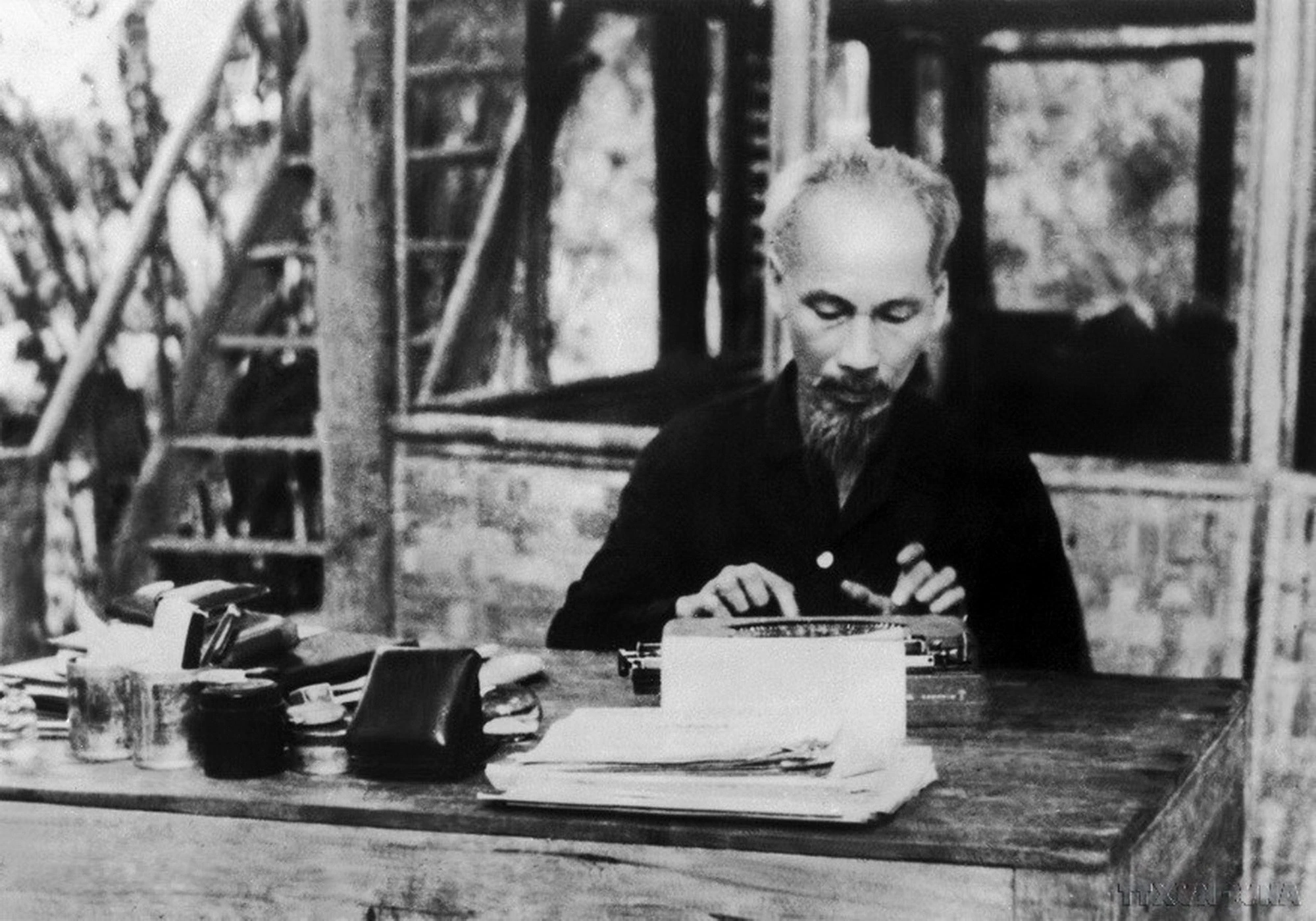
President Ho Chi Minh working at the Presidential Palace. (Photo: VNA)
President Ho Chi Minh's life was a journey of unceasing struggle for independence, freedom for the nation and happiness for the people. He is the most vivid symbol of the aspiration for freedom, a shining moral example, and the source of all victories of the country.
The pioneer of the path to national liberation in Vietnam
President Ho Chi Minh was a great patriot, the pioneer of the path to national liberation for Vietnam, a model of a revolutionary soldier who sacrificed his whole life for the country and the people.
He had only one desire, one single goal: "I have only one desire, the utmost desire, which is to make our country completely independent, our people completely free, everyone has food to eat, clothes to wear, and everyone can go to school." (1)
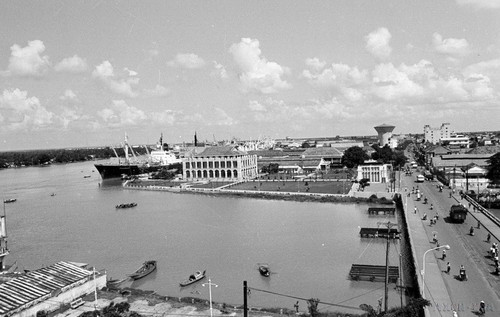
Nha Rong Wharf, where the young patriot Nguyen Tat Thanh left to find a way to save the country in 1911. (Photo: VNA)
Born into a family of patriotic Confucian scholars, witnessing the loss of his country and home, from his childhood, the boy Nguyen Sinh Cung - Nguyen Tat Thanh nurtured in himself a burning desire to liberate the nation.
In 1911, he left to find a way to save the country with an unshakable determination: "I want to go abroad, to see France and other countries. After seeing how they do it, I will return to help our people" (2).
During his 30-year journey from Asia to Europe, Africa and even to America, he came into contact with the light of Marxism-Leninism and determined the path to national salvation for the Vietnamese people. He affirmed: "To save the country and liberate the nation, there is no other way than the path of proletarian revolution."
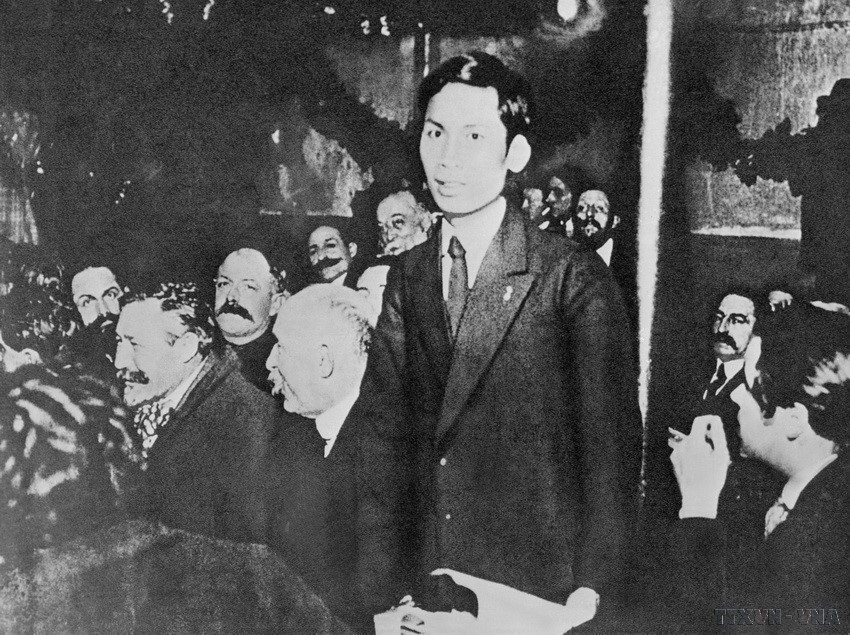
Comrade Nguyen Ai Quoc (President Ho Chi Minh) speaks at the founding congress of the French Communist Party in the city of Tours. He was the first Vietnamese to become a communist and one of the founding members of the French Communist Party (December 1920). (Photo: VNA)
That choice led to a major historical event: on February 3, 1930, under the chairmanship of Nguyen Ai Quoc, the Communist Party of Vietnam was founded. The birth of the Party was the crystallization of advanced revolutionary theory and the Vietnamese patriotic movement, opening a new era for the Vietnamese revolution.
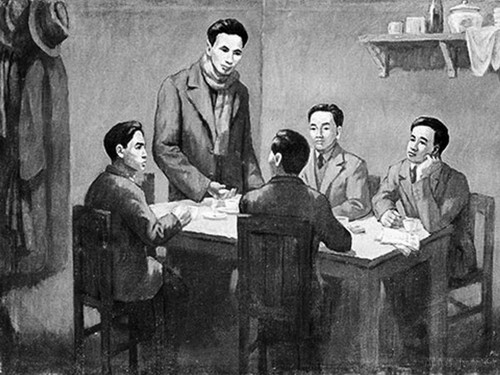
From January 6 to February 7, 1930, the conference to unify communist organizations and establish the Communist Party of Vietnam was held in Hong Kong (China) under the chairmanship of comrade Nguyen Ai Quoc on behalf of the Communist International. (Photo: VNA)
He clearly defined: Our Party is a revolutionary Party, a Party of the working class, and at the same time a Party of the entire nation. From here, as the founder, leader and helmsman, he directly led the Vietnamese revolutionary movement to move forward firmly on the path of national liberation struggle.
The first peak of the Vietnamese revolutionary career under the leadership of the Party and beloved Uncle Ho was the great victory of the August Revolution in 1945, giving birth to the Democratic Republic of Vietnam, the first worker-peasant state in Southeast Asia.
In the Declaration of Independence on September 2, 1945, President Ho Chi Minh solemnly declared before the entire nation and the world : “Vietnam has the right to enjoy freedom and independence and in fact has become a free and independent country. The entire Vietnamese people are determined to devote all their spirit and strength, their lives and property to maintain that freedom and independence.” (3)
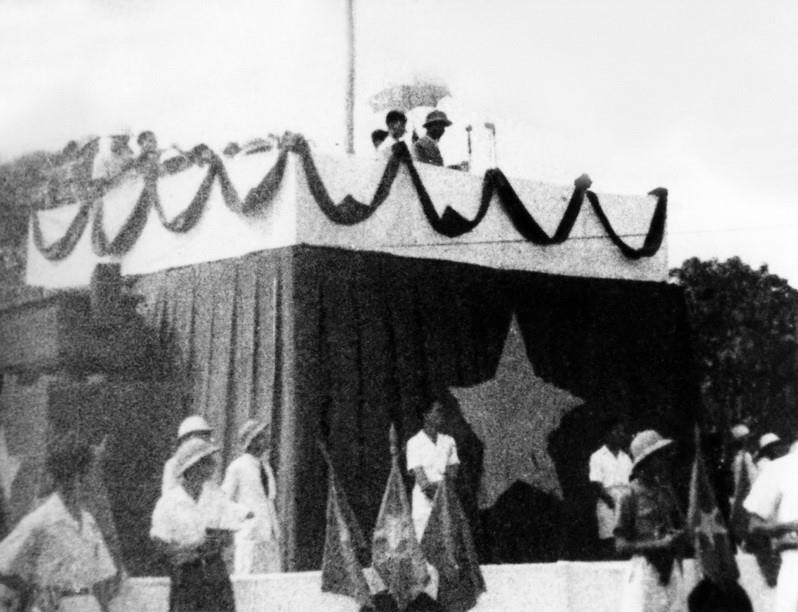
On the morning of September 2, 1945, at the historic Ba Dinh Square, President Ho Chi Minh read the Declaration of Independence, giving birth to the Democratic Republic of Vietnam. (Photo: VNA)
However, not long after independence, our nation was forced to enter into long resistance wars against French colonialism and American imperialism.
During those fierce years, President Ho Chi Minh was both the supreme leader and the soul of the resistance, always encouraging the iron will and belief in victory for the entire nation.
The thought "Nothing is more precious than independence and freedom" is not only a fighting slogan but also a way of life, the soul of the revolutionary cause that he pursued until his last breath.
The thought "Nothing is more precious than independence and freedom" is not only a fighting slogan but also a way of life, the soul of the revolutionary cause that he pursued until his last breath.
Whether in hardship, in prison or as head of state, President Ho Chi Minh always emphasized: "Freedom for my people, independence for my Fatherland, that is all I want, that is all I understand" (4). It is the consistency between words and actions, between ideals and life that made a great leader.
Not only stopping at the cause of national liberation, President Ho Chi Minh was also the one who laid the foundation for the construction of a new state - a state of the people, by the people and for the people. He always emphasized: "The people are the root of the country."
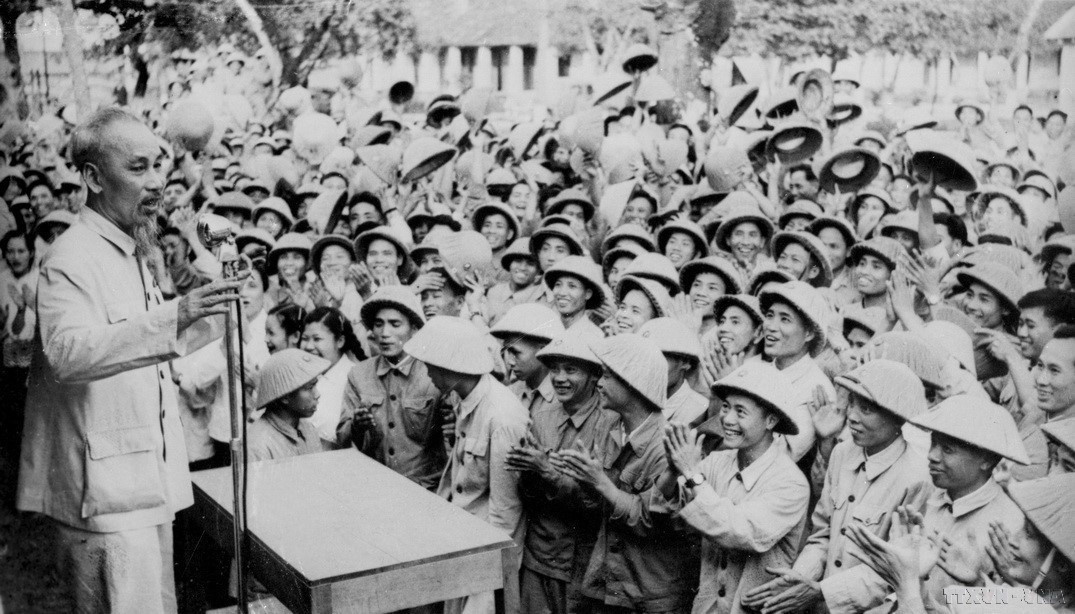
President Ho Chi Minh visited and talked with a military unit stationed in Nam Dinh province on April 24, 1957. (Photo: VNA)
That viewpoint is not only reflected in his ideology but also in his lifestyle and leadership methods. He advised cadres and party members to always be close to the people, understand the people, listen to and serve the people.
He emphasized: "Maintaining close contact with the people and always listening to their opinions is the foundation of the Party's strength and thanks to that the Party will be victorious." (5)
In the last months of his life, despite being seriously ill, he still devoted all his thoughts and feelings to the country and the people. President Ho Chi Minh's sacred testament is not only a word of advice, but also a summary of the wisdom, morality and noble soul of a great man.
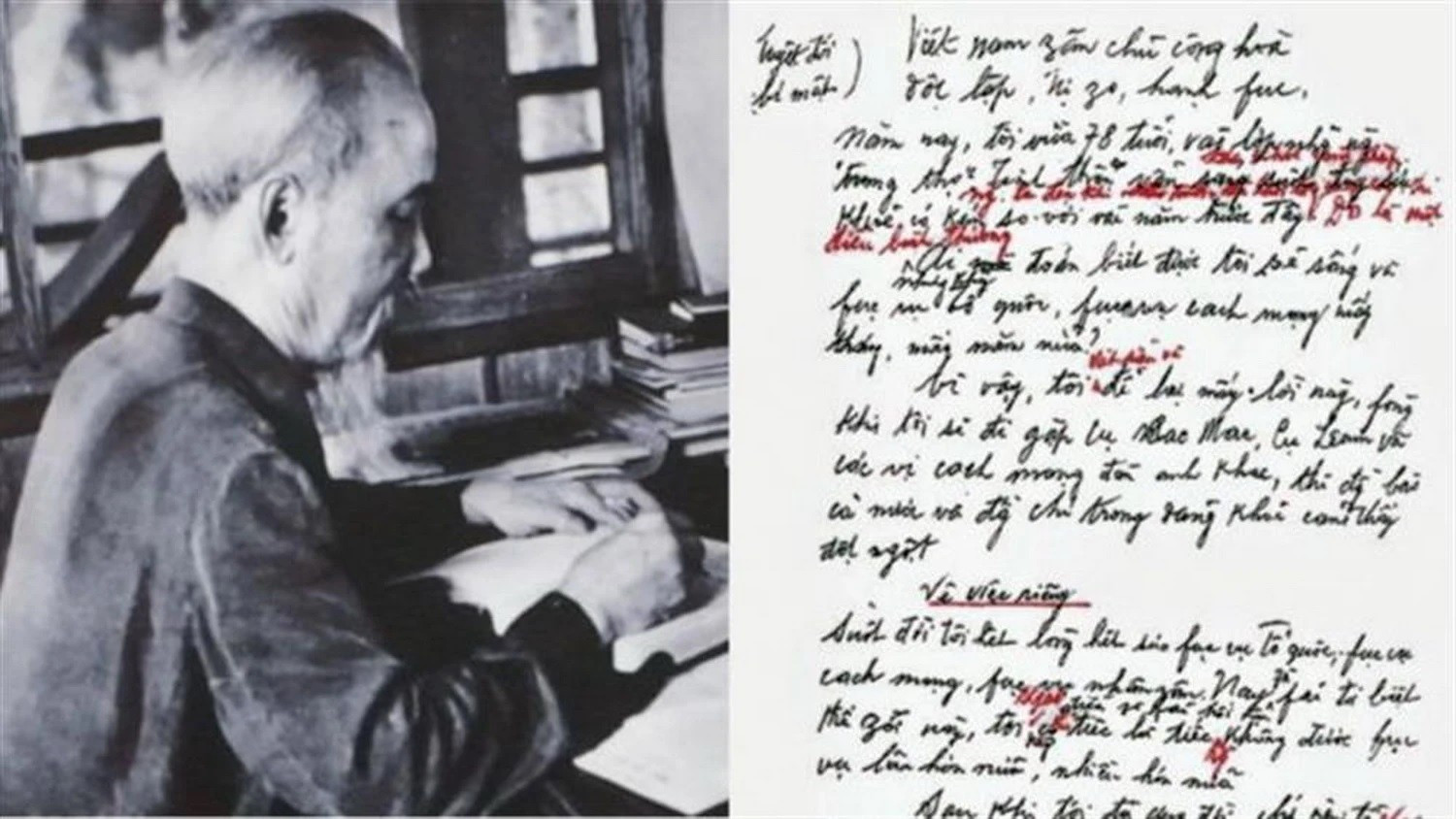
The sacred testament of President Ho Chi Minh.
In his Testament, he wrote: "All my life, I have served the Fatherland, the revolution, and the people with all my heart and soul" (6). That is not only a summary of a lifetime, but also a life truth that he fully realized throughout more than half a century of revolutionary activities.
Forever Ho Chi Minh's ideology and personality
If the cause of national salvation and liberation is the great pinnacle of Ho Chi Minh's intelligence and mettle, then his morality and love for humanity is the pinnacle of his personality - a man who throughout his life "worries before the worries of the world, and rejoices after the joy of the world."
In the thoughts and actions of President Ho Chi Minh, revolutionary ethics are not dogmatic, distant concepts, but the crystallization of communist ideals and traditional humanism of the Vietnamese people, between steadfastness and a kind, tolerant heart.
The morality that he promoted was the morality of action, vividly demonstrated in the way of life, in every daily activity. It was diligence, thrift, integrity, impartiality; the spirit of altruism, a simple lifestyle, closeness, and integration with the people. He repeatedly affirmed that to save the country and liberate the nation, one must not only have patriotism but also revolutionary morality.
He also always reminded cadres and party members to constantly cultivate and practice, because: "Revolutionary morality does not fall from the sky. It is developed and consolidated through daily struggle and persistent practice. Just as jade becomes brighter the more it is polished, gold becomes purer the more it is refined." (7)
Along with cultivating and training revolutionary ethics is the struggle against manifestations of individualism, bureaucracy, corruption, arrogance and abuse of power. He called individualism "an internal enemy," the most dangerous disease for revolutionary cadres.
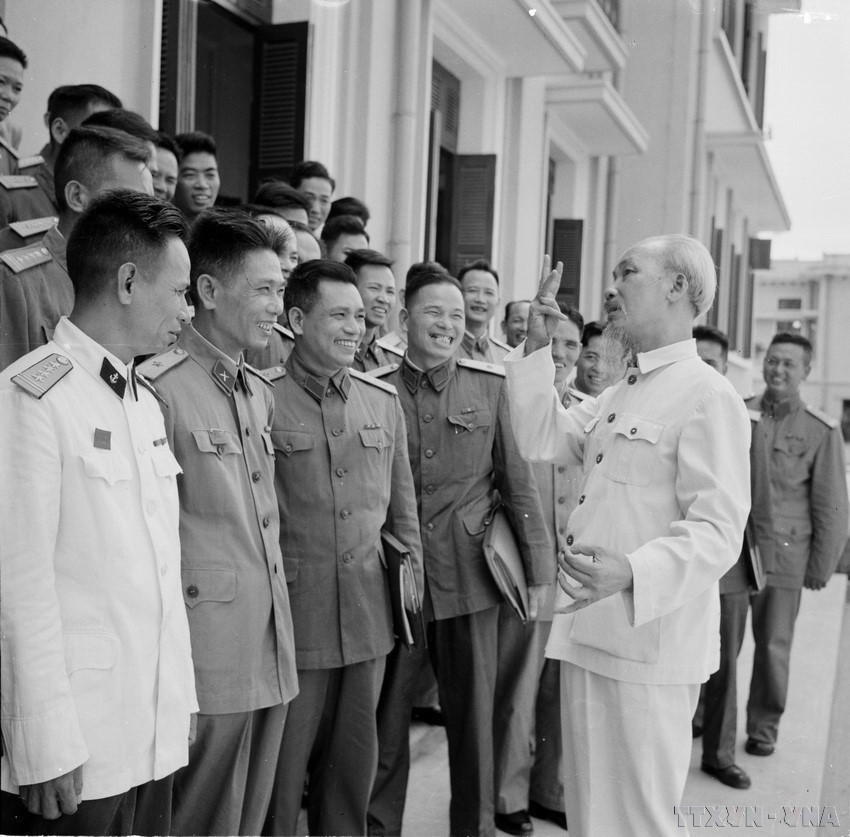
President Ho Chi Minh talks with military delegates attending the Third National Congress of the Party (September 1960). (Photo: VNA)
He emphasized: "A nation, a party and each person, who were great yesterday and had great appeal, will not necessarily be loved and praised by everyone today and tomorrow, if their hearts are no longer pure, if they fall into individualism" (8). That warning remains valid today.
Uncle Ho's moral thoughts were closely linked to and permeated his daily life. He lived a simple and honest life that moved people's hearts. During the resistance war, he ate rice balls and slept in forest huts with soldiers. He did not receive any special treatment for himself.
When the country was at peace, in the middle of the capital Hanoi, Uncle Ho still chose to live in a simple wooden stilt house, with only a few faded khaki clothes, a bamboo fan, a pair of worn-out rubber sandals... From those simple things, a great personality shone.
Poet To Huu once wrote about Uncle Ho:
" Simple attic, a corner of the garden
Wood is usually rustic, no paint smell
Rattan bed with rush mat, single blanket and pillow
The small closet just hung some worn shirts..."
To the people, President Ho Chi Minh was not only a leader, the head of the Party and the State, but also a filial son, a sincere friend, and a kind father. He loved the people with a warm heart, unconditionally, beyond all limits of class and region.
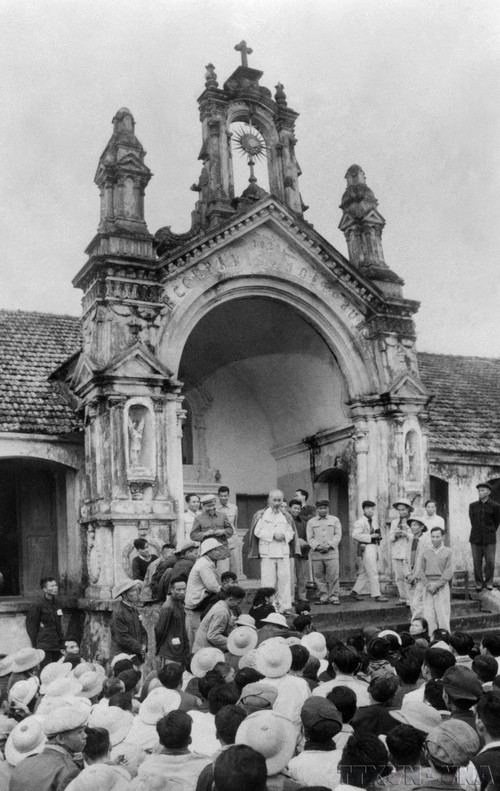
President Ho Chi Minh visited and talked with Catholic followers in Thach Bich village, Bich Hoa commune, Thanh Oai district, Ha Dong (now Hanoi) on December 5, 1959. (Photo: VNA)
His love for the people was not a gift from above, but a blood-based affection, imbued in every thought and action.
When discussing the goal of national independence, he always associated it with the happiness of the people: "People only know the value of freedom and independence when they have enough to eat and wear" (9). For Uncle Ho, the prosperous and happy life of the people is the highest measure of national independence.
And in his sacred Testament, what he was concerned about until the end of his life was still "to take care of the people's lives," "to cultivate revolutionary ethics for the next generation," and "to keep our Party "truly pure, worthy of being the leader, the truly loyal servant of the people." Those instructions not only expressed the last wishes of a leader but were also a shining example of devotion, love and infinite sacrifice.
It can be seen that Ho Chi Minh's morality is a brilliant crystallization of patriotism and noble humanism. It is a priceless spiritual asset that our Party, State and people vow to study and follow for their whole life, and is a beacon of light for the country's sustainable development path.
The life of President Ho Chi Minh is a great epic of sacrifice and devotion to national independence, freedom and happiness of the people. He not only made history but also left an invaluable spiritual legacy for the Vietnamese people. Ho Chi Minh's ideology, morality and style will always be the guiding light for the cause of building and defending the Fatherland today and tomorrow./.
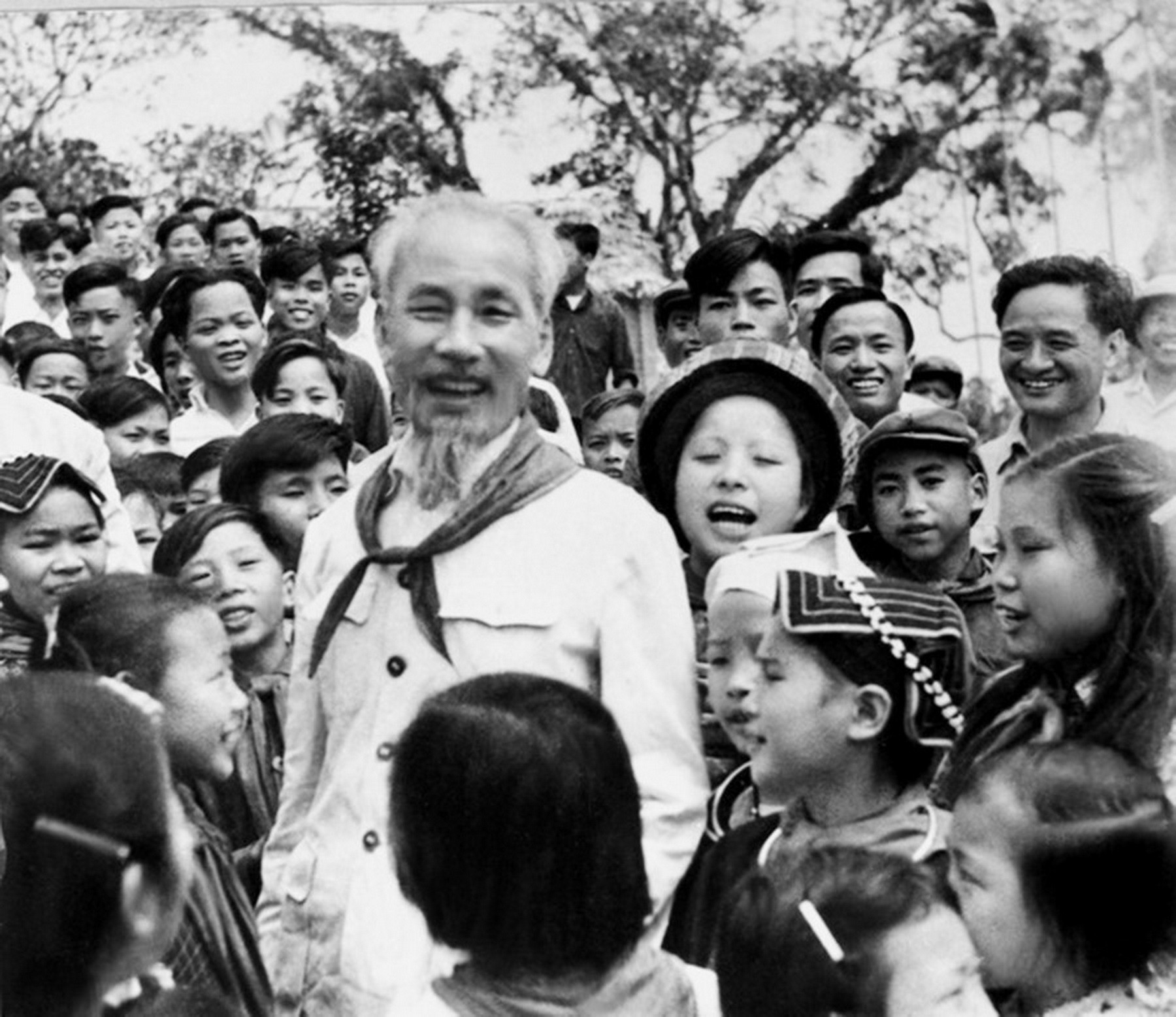
Uncle Ho with children in the Viet Bac highlands (1960). (Photo: VNA archive)
(1) Ho Chi Minh Complete Works, National Political Publishing House, Hanoi - 2011, vol. 4, p. 187
(2) Tran Dan Tien - Stories about President Ho's life and activities, Tre Publishing House - National Political Publishing House, Hanoi 2005, p. 14
(3) Ho Chi Minh Complete Works, op. cit., vol. 4, p. 3
(4) Ho Chi Minh Biography, National Political Publishing House, Hanoi - 1993, vol. 1, p. 94.
(5) Ho Chi Minh Complete Works, op. cit., vol. 5, p. 326
(6) Ho Chi Minh Complete Works, op. cit., vol. 15, p. 623
(7) Ho Chi Minh Complete Works, op. cit., vol. 11, p. 612
(8) Ho Chi Minh Complete Works, op. cit., vol. 15, p. 672
(9) Ho Chi Minh Complete Works, op. cit., vol. 4, p. 175
(TTXVN/Vietnam+)
Source: https://www.vietnamplus.vn/chu-pich-ho-chi-minh-lanh-tu-thien-tai-anh-hung-dan-toc-danh-nhan-van-hoa-the-gioi-post1037980.vnp




![[Photo] Flooding on the right side of the gate, entrance to Hue Citadel](https://vphoto.vietnam.vn/thumb/1200x675/vietnam/resource/IMAGE/2025/10/28/1761660788143_ndo_br_gen-h-z7165069467254-74c71c36d0cb396744b678cec80552f0-2-jpg.webp)
![[Photo] Draft documents of the 14th Party Congress reach people at the Commune Cultural Post Offices](https://vphoto.vietnam.vn/thumb/1200x675/vietnam/resource/IMAGE/2025/10/28/1761642182616_du-thao-tai-tinh-hung-yen-4070-5235-jpg.webp)
![[Photo] National Assembly Chairman Tran Thanh Man received a delegation of the Social Democratic Party of Germany](https://vphoto.vietnam.vn/thumb/1200x675/vietnam/resource/IMAGE/2025/10/28/1761652150406_ndo_br_cover-3345-jpg.webp)

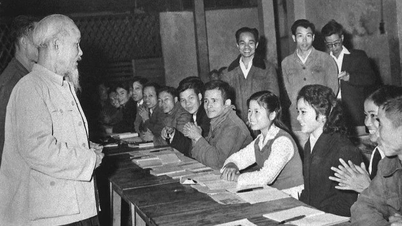

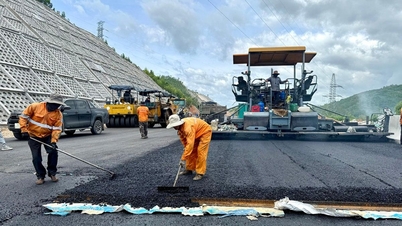

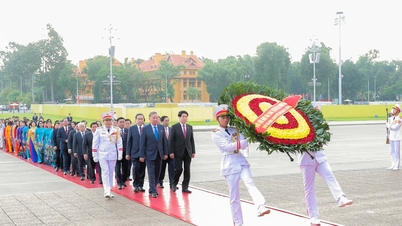

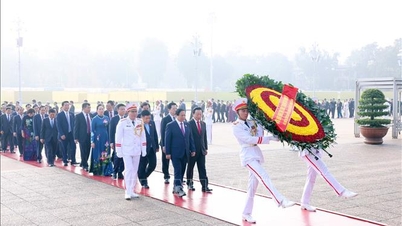

![[Photo] General Secretary To Lam visits Kieng Sang Kindergarten and the classroom named after Uncle Ho](https://vphoto.vietnam.vn/thumb/402x226/vietnam/resource/IMAGE/2025/10/09/1760023999336_vna-potal-tong-bi-thu-to-lam-tham-truong-mau-giao-kieng-sang-va-lop-hoc-mang-ten-bac-ho-8328675-277-jpg.webp)

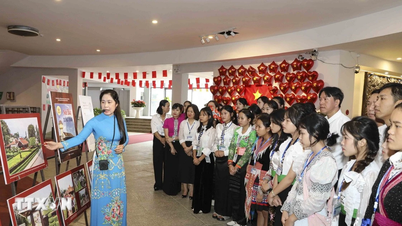












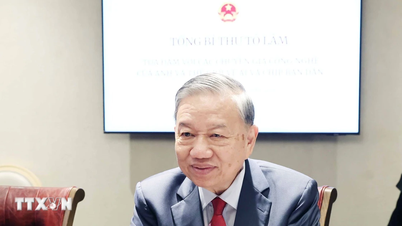
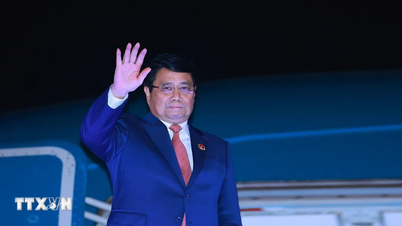

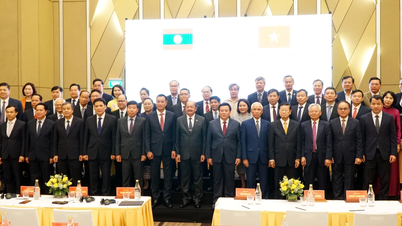
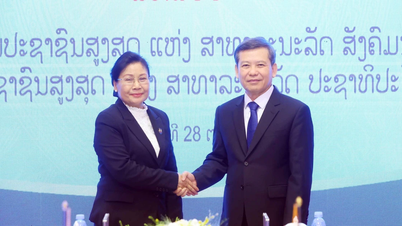
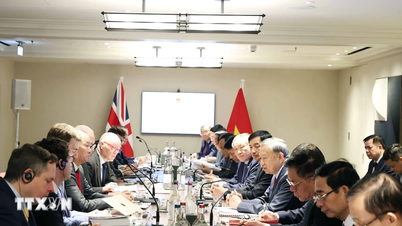

![[Photo] President Luong Cuong attends the 80th Anniversary of the Traditional Day of the Armed Forces of Military Region 3](https://vphoto.vietnam.vn/thumb/1200x675/vietnam/resource/IMAGE/2025/10/28/1761635584312_ndo_br_1-jpg.webp)

































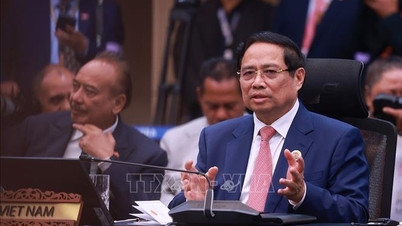
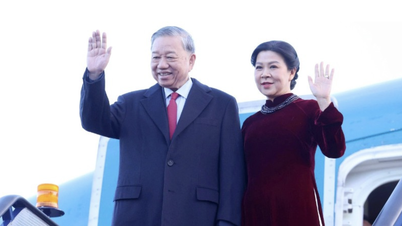


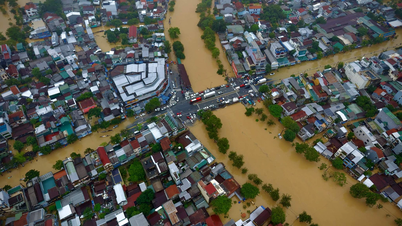

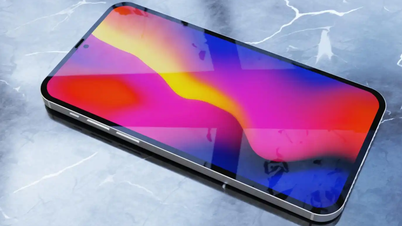
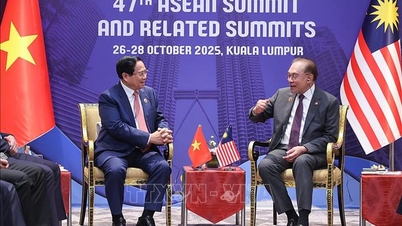
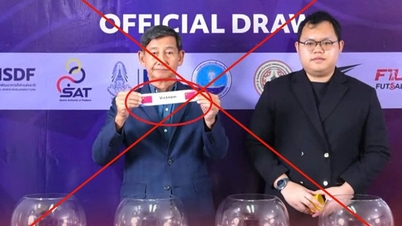

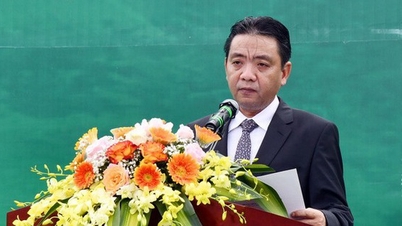
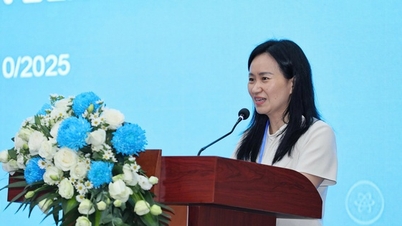

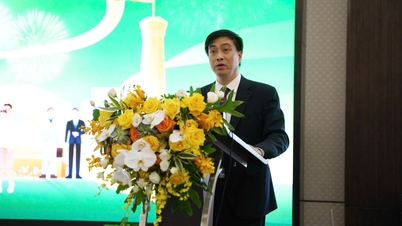


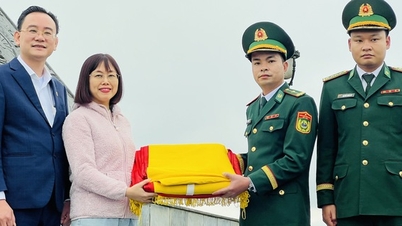
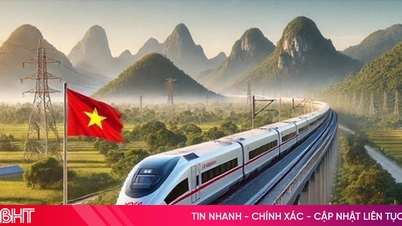



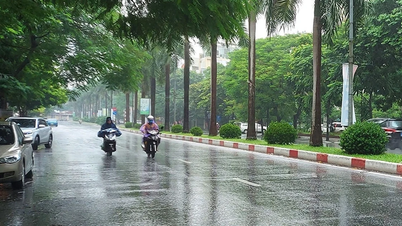
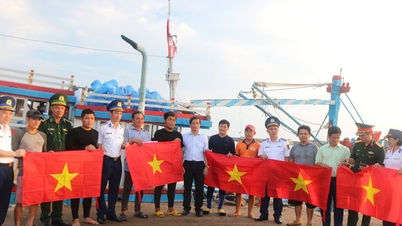

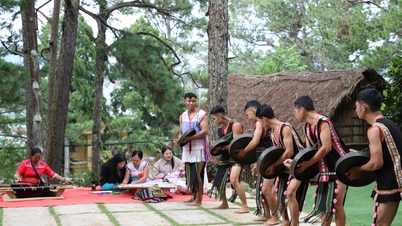
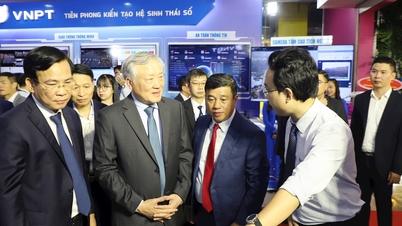














Comment (0)